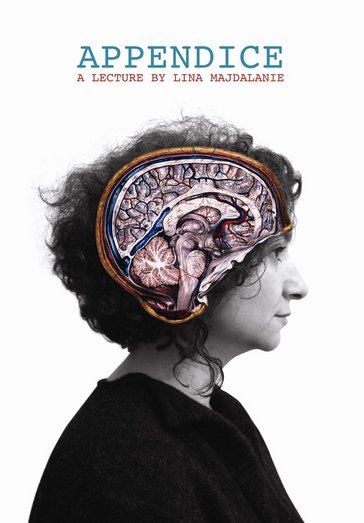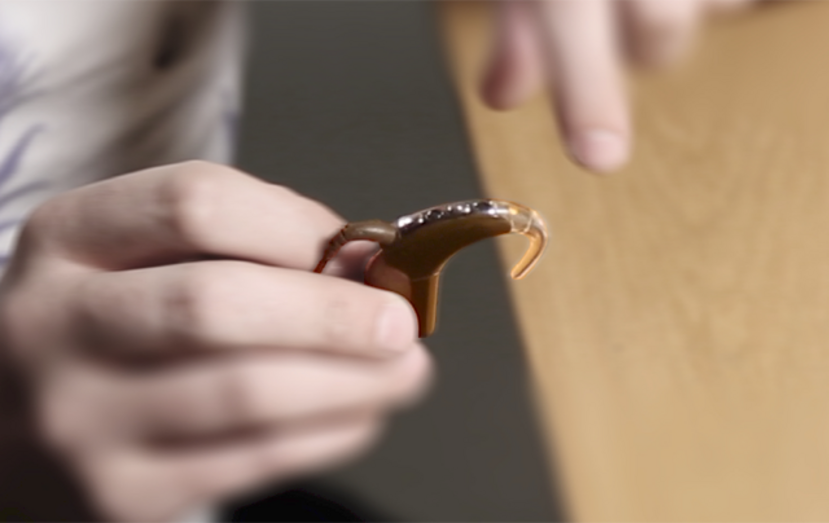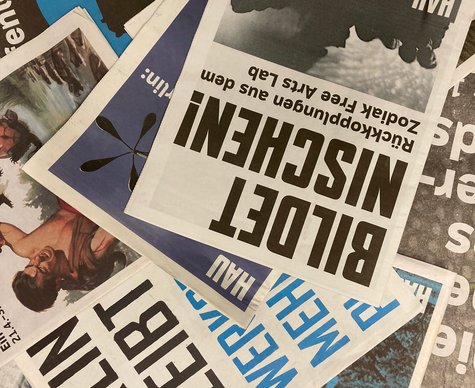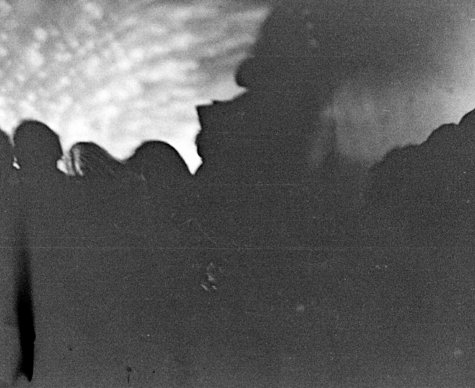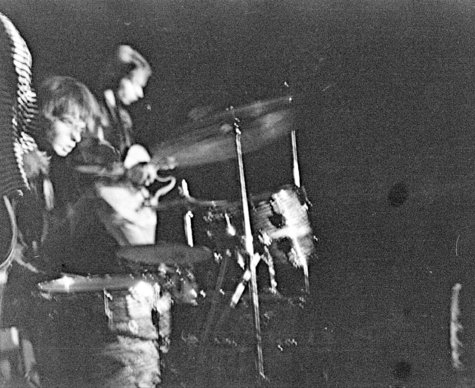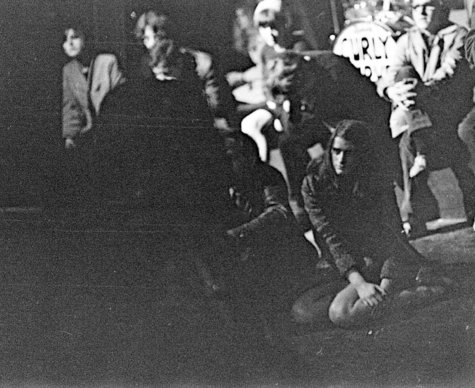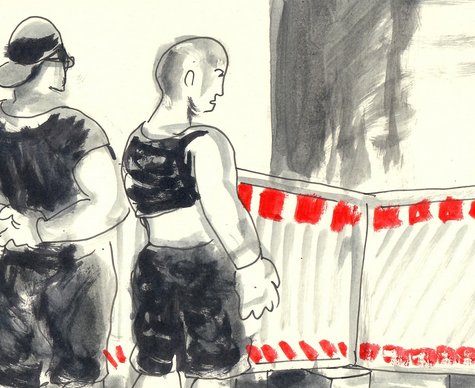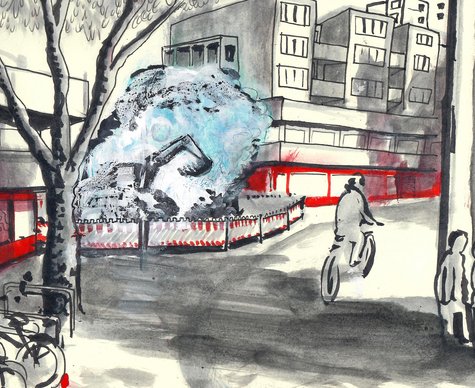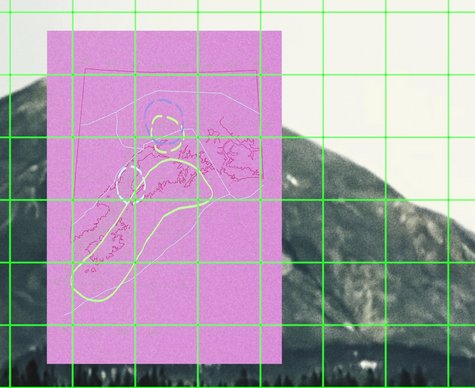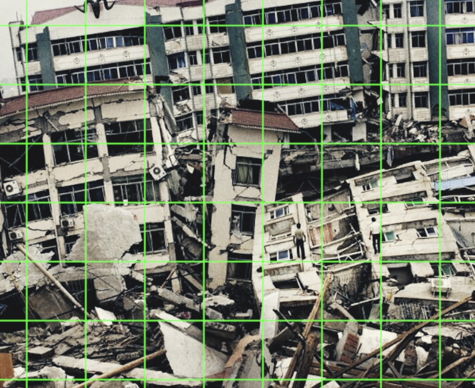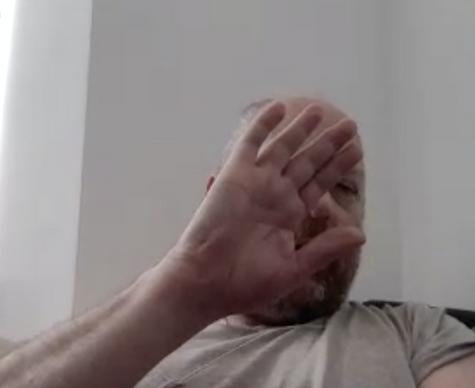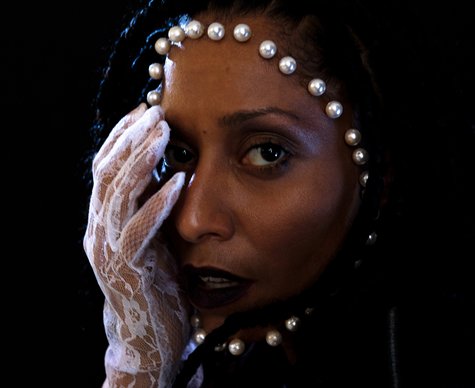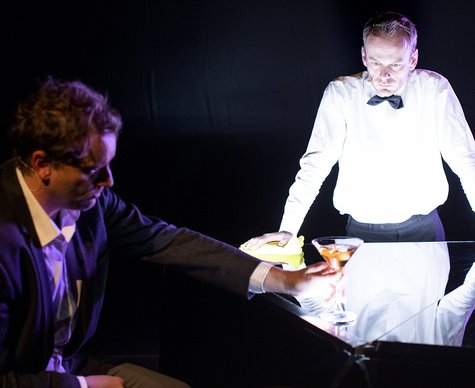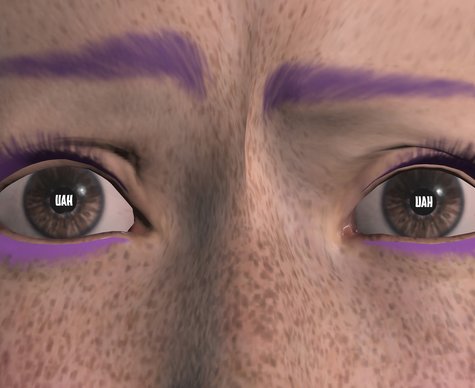Zhenya Zakhar, Tom Tlalim, Lina Majdalanie
Violence of Inscriptions #4
On the Integrity of the Body (Day 3)
Part of “Violence of Inscriptions. A project by Sandra Noeth and Arkadi Zaides and HAU Hebbel am Ufer”
- Dialogue
- Dance
The idea – and the claim – of the integrity of the body are at the core of the last edition of “Violence of Inscriptions.” What does it actually mean for our bodies to stay safe and sound, without harm, under the experience of structural violence? And what can we set against these often indirect and creeping attacks on our own and other people’s bodies – aesthetically, symbolically, by words? The practice of our international guests from arts, human rights activism and theory is the starting point for the 3-day presentation and workshop programme: over-writing scars with tattoos; filming and dancing of gestures and movements that are about to withdraw or disappear; writing in order to make the silencing and political stigmatization of bodies speakable again; defining shame and neglect as meaningful places to artistically act from.
Presentation by Zhenya Zakhar
Aesthetic Evidence: On Tattooing, Scars and Collective Wounds
Zhenya Zakhar is a professional tattoo artist based in Ufa – Republic of Bashkortostan. Based on an early self-taught approach, she maintains today a artistic-activist practice that focuses specifically women who have experienced domestic violence. She explains: “Many women with scars addressed me, but they were 'just' customers and after getting their tattoo would leave silently. Now, when I cover the scars for women for free, they tell me their stories. And every time a scar is closed and becomes invisible by a tattoo instead, they cry. And I'm crying. Even if the scar is very small, it defines how many women would perceive themselves. Thus, my task is to listen and to allow for these women and their bodies to re-orient themselves.” In her lecture, Zhenya Zakhar will present her practice as well as the cultural context that it is embedded in. On this basis, she will open up broader questions on the corporeality and vulnerability of bodies in the experience of domestic violence and the role and status of aesthetics in the context.
Lecture by Tom Tlalim
Tonotopia: Music for Cochlear Implants
Cochlear implants are the first available commercial sensory prostheses. These enable people with profound hearing loss to perceive sound. The implants comprise of a long electrode that is inserted into the cochlea through a hole in the skull, a signal receiver that is placed under the scalp, and a digital processor that analyses sound algorithmically and converts them into electrical charge. During an invasive surgical process the biological sensory infrastructure is often lost and replaced by the electrode which emits electrical pulses onto the exposed nerve ends. As these implants are designed for speech, music and complex sounds become harsh and dissonant. As Cochlear Implants are more widely available they are predicted to be connected to mobile web, location-aware and to benefit from cloud computing and AI. Services such as instantaneous inner ear translation are therefore not far away, as our senses become mediated by digital processes.
The artist Tom Tlalim will talk about his work with Cochlear Implant users, and discuss whether subjectivity and sensory experience might soon become mediated and whether the human sense itself might become a contested space in which the health services, biomedical industries, and finance may soon compete for influence on our bodily sensory apparatus. He will connect these biopolitical questions to the broader debate on the integrity of the body, referring to examples from his project, Tonotopia: Music for Cochlear Implants, that is currently on show at "The Future Starts Here" in the Victoria and Albert museum in London. The work includes recorded interviews sonic artefacts, objects, stories and experiences that carry meaning for the participants as they negotiate their hybrid sonic experience.
Tom Tlalim is an artist, musician and writer whose work explores the relation between sound and political power. His practice includes installations, sound art, films and text. His recently-completed PhD at Goldsmiths, entitled “The Sound System of the State”, received full funding from the Mondrian Foundation. His artwork examines sonic artefacts, voice and spaces as ideological devices. He holds MAs in Composition and Sonology, and works as a Senior Lecturer at the faculty of Arts of University of Winchester. Tlalim’s work received numerous grants and is regularly exhibited internationally. Recent exhibitions include “The Future Starts Here” at the Victoria and Albert Museum in London, “Art in the age of Asymmetrical Warfare” at Witte de With in Rotterdam, “Hlysnan” at Casino Luxemburg, The Venice Architecture Biennale (with Susan Schuppli / Forensic Architecture). The Marrakech Biennale, and Stroom The Hague. His film was nominated for the Tiger award at the International Film Festival Rotterdam, and his regular collaborations with the choreographer Arkadi Zaides are performed widely to critical acclaim.
– Break until 21:00 –
21:00 - Lecture Performance “Appendix” by Lina Majdalanie
50 Min. / In French with German and English surtitles
"I once heard that in hospitals, when a diseased organ is excised from a patient's body, or when a member is amputated, it is incinerated. This inspired in me a demonic idea."
Religious provisions make it impossible to have a corpse cremated in Lebanon. In "Appendice", Lina Majdalanie describes her radical decision to sidestep the law and nevertheless have her body abandoned to fire: she plans to have all her organs removed bit by bit and the limbs amputated and sold as art objects. The degree to which the performer methodically pursues these thoughts and in doing so focuses on the degree of violence, which religion and the state exert on the bodies of individuals, is fascinating and shocking. As in her many collaborations with Rabih Mroué, Majdalani’s performance blurs the boundaries between personal life, art and politics.
Thanks to: Fadi Abdallah, Albert Abi Azar, Mansour Aziz, Rémi Bonhomme, Toni Chakar, Lama Charafeddine, Ali Cherri, Marie Collin, Joanna Hadjithomas, Hatem Imam, Khalil Joreige, Bernard Khoury, Krystel Khoury, Nathalie Khoury, Jalal El Mir, Tarek Mrad, Hania Mroué (Cinema Metropolis Beyrouth), Rabih Mroué, Walid Raad, Celesta Rottiers, Hussein Saleh, Andrée Sfeir (Galerie Sfeir-Semler), Mounira El Solh, Christine Tohmé and Jalal Toufic.
By viewing the video you agree that your data will be transmitted to and that you have read the privacy policy .
[Translate to EN:]
Dates
Credits
A project within the context of the Bündnis internationaler Produktionshäuser, funded by the Beauftragten der Bundesregierung für Kultur und Medien.
![[Translate to EN:]](/fileadmin/Hau/_processed_/3/d/csm_Beauftragte_der_Bundesregierung_fu__r_Kultur_und_Medien_Logo_45d31b5c73.png)
![[Translate to EN:]](/fileadmin/Hau/_processed_/a/3/csm_BIP_Logo_11a27aec94.jpg)
Location
HAU1
Stresemannstr. 29, 10963 BerlinThere are two marked parking spots in front of the building. Access to the Parkett by means of a separate entrance with lift when necessary. Barrier-free restroom facilities are available. Tickets for wheelchair users and accompanying persons can be booked via the ticketing system. If you need any help, please contact our Ticketing & Service team at +49 (0)30 259004-27 or send us an email totickets@hebbel-am-ufer.de.
